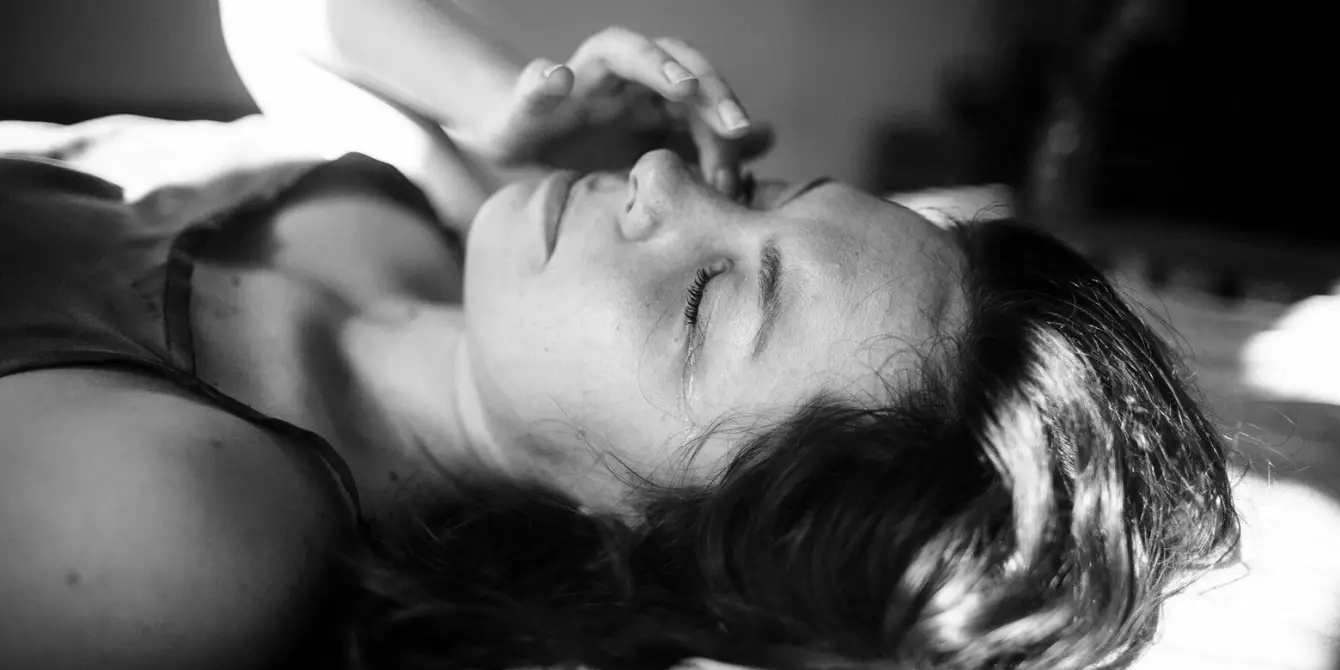The silence surrounding the loss of a pregnancy, particularly one labeled as a chemical pregnancy, can feel suffocating. The emotional turmoil that accompanies such a loss often goes unnoticed, buried under societal misconceptions and the inadequacies of medical terminology. In my experience, this silence was a heavy weight to bear. I never publicly shared my grief over the baby we lost— a child I never got to meet but felt deeply in the recesses of my heart. My loss did not fit neatly into societal expectations for pregnancy; it was marked by ambiguity and complexity.
The fleeting moments of knowing I was pregnant, albeit for a brief period, were filled with hope. Yet, that hope was ultimately eclipsed by the bitter realization of loss. I often think about how different the experience could have been in an era without modern medical technology, where early signs of pregnancy might have gone unnoticed. There’s a strange irony in today’s world, where we can detect pregnancy at lightning speed, only to face heart-wrenching outcomes that leave us questioning the validity of our emotional responses.
In the medical community, chemical pregnancies are often referred to in a passing manner—“just a chemical pregnancy.” This terminology diminishes the experience and the emotional fallout that follows. When my own loss was relegated to that dismissive phrasing by healthcare professionals, it stung. I grappled with feelings of invalidation, as if the grief I felt was unwarranted because the pregnancy was early and unrecognized on many fronts. But this loss, however brief, was real to me. Each pang of anguish and each physical symptom reminded me that I once nurtured a life, however fleeting.
The reality of experiencing a chemical pregnancy runs deeper than physical manifestations; it forged an emotional connection. My body betrayed me with uncomfortable sensations and a torrent of emotions that could not be dismissed as “just” anything. I remembered clinging to the edges of furniture, overwhelmed with both physical pain and a heart-wrenching sense of loss, every gush of blood a relentless reminder of the hoped-for child. No matter how many times I conjured logic or reason, the ache persisted in my heart.
Despite feeling alone in my anguish, I found solace in the understanding of a few close friends and fellow mothers who empathized with my experience. They embraced me, offering their ears and their hearts, validating the grief I had been told was insignificant. The importance of these connections cannot be overstated; they helped me see that my emotions were not only valid but also shared by countless women who have experienced similar losses. Their encouragement to grieve was a critical step in my healing journey.
Reaching this understanding fostered a sense of community around an often stigmatized subject. I learned that while my loss was personal, it also resonated with many others who had walked a similar path. The feelings of isolation began to dissipate as I acknowledged that grief is a universal language spoken among mothers—regardless of the circumstances of their pregnancies.
Since the loss, life has taken me to incredible new heights. I was blessed with the arrival of a little girl whose laughter illuminated the shadows left behind. Watching her explore the world has anchored me to a new kind of joy, yet it has not negated the presence of my loss. Instead, each smile she offers and each milestone she achieves has allowed me to reconcile with the baby I never held.
The journey of motherhood is rarely linear; it encompasses peaks and valleys, joy and sorrow, hope and grief. In embracing both my daughter and the memory of the child I lost, I have found a deeply rooted sense of peace. The truths I carry now resonate with those who share in these quiet, often unacknowledged experiences. The reality is that every story matters. The loss was not “just” anything; it was part of my journey, a chapter etched into the fabric of who I am as a mother.
In sharing this story, I hope to invite conversation and awareness regarding the often-overlooked pain of chemical pregnancies. We should create spaces to acknowledge and honor all paths of motherhood, both joyous and sorrowful. We belong to a tapestry woven with unique threads, each worthy of recognition.
In the end, your loss matters, and your grief counts. We are more than just the pregnancies we carry; we are warriors navigating the facets of love, hope, and remembrance.

